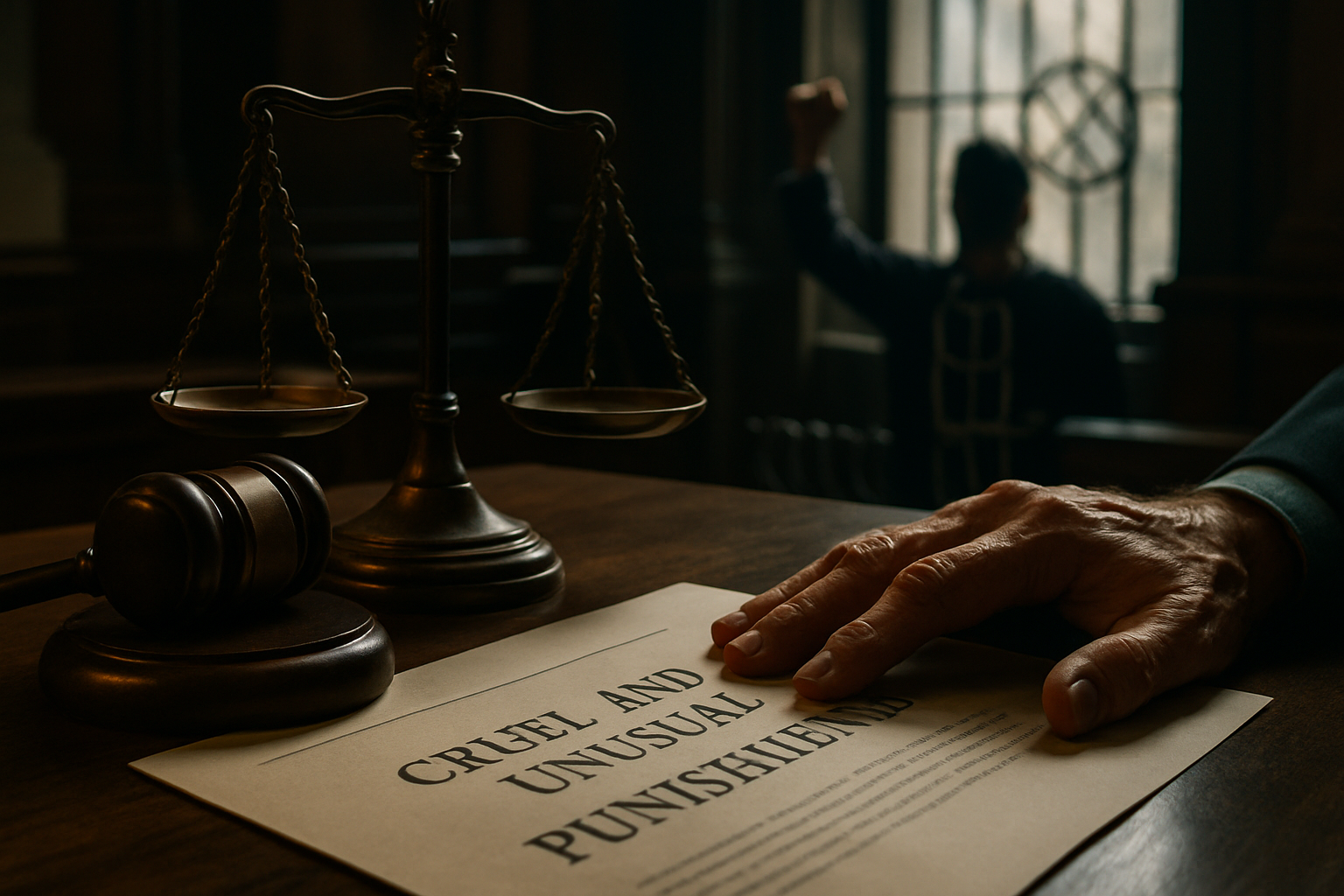Title: Jury Nullification: The Hidden Power of American Jurors
Introduction: In the realm of American jurisprudence, a little-known but potent concept exists that can dramatically alter the course of justice. Jury nullification, the ability of jurors to acquit defendants despite clear evidence of guilt, stands as a controversial yet integral part of the U.S. legal system. This article delves into the history, legal standing, and contemporary implications of this unique judicial power.

Legal Status and Controversy
The legal status of jury nullification remains a subject of debate. While no explicit law forbids the practice, courts have generally ruled that jurors should not be informed of this power. The 1895 Supreme Court case Sparf v. United States established that while jurors have the power to nullify, they do not have the right to be instructed about it. This decision has led to a peculiar situation where jurors possess a power they are often unaware of, creating tension between judicial control and jury independence.
Modern Applications and Ethical Considerations
In contemporary times, jury nullification has been invoked in cases ranging from drug possession to assisted suicide. Proponents argue that it serves as a vital check on government overreach and unjust laws. Critics, however, contend that it undermines the rule of law and can lead to inconsistent application of justice. The ethical implications are profound: should individual jurors have the power to effectively negate democratically enacted laws?
Impact on Legal Strategy and Courtroom Dynamics
The possibility of jury nullification significantly impacts legal strategies. Defense attorneys, while prohibited from explicitly advocating for nullification, may subtly appeal to jurors’ sense of justice or morality. Prosecutors, conversely, often seek to exclude potential jurors who might be inclined towards nullification. This dynamic adds an additional layer of complexity to jury selection and trial proceedings, influencing how cases are presented and argued.
The Future of Jury Nullification in American Law
As societal values evolve and new laws emerge, the role of jury nullification continues to be a subject of legal and philosophical discourse. Some states have considered legislation to explicitly inform jurors of their nullification power, while others seek to further restrict it. The ongoing debate reflects broader questions about the balance between judicial consistency and the role of community standards in the administration of justice.
Conclusion
Jury nullification remains a powerful, if controversial, feature of the American legal landscape. It embodies the tension between strict adherence to written law and the human element of justice. As the legal system continues to evolve, the concept of jury nullification will likely remain a subject of intense debate, challenging our understanding of law, justice, and the role of the jury in modern society.






